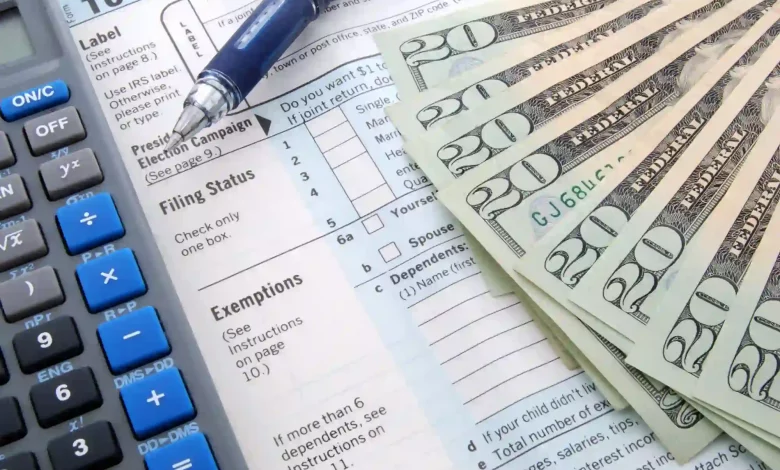What’s the Difference Between Business Tax Rate and Personal Tax Rate?

Are you curious about how business taxes and personal taxes differ? Understanding these differences is important for managing your money effectively.
In this guide, we’ll explore the distinction between a business tax rate and a personal tax rate. We’ll look into how they are filed and what they mean for your income.
Let’s get started and make taxes easier to understand!
Overview of Business Tax Rate
When it comes to business tax rates, it’s important to know that businesses have their own tax rules. A corporate tax is the tax that companies pay on their profits.
These taxes are usually lower than personal tax rates. The specific rate a business pays can depend on different factors. It can include the type of business, how much money it makes, and where it operates.
Understanding Personal Tax Rate
Personal tax rates are the taxes that individuals pay on the money they earn. These rates are generally higher than business tax rates. It can vary based on how much income a person makes.
Personal tax rates work progressively. This means that the more money you earn, the higher the percentage of tax you pay. Different types of income, such as wages, salaries, dividends, and interest, are subject to personal tax rates.
Filing Business Taxes
When it comes to filing taxes for a business, things can be a bit different from personal taxes. Most businesses need to file business tax returns. This can include corporations, partnerships, and self-employed individuals.
These returns show how much money the business made and what expenses it had during the year. Businesses must keep accurate financial records. They must consult with tax professionals to make sure they follow all the tax rules.
Filing Personal Taxes
For individuals, including employees and self-employed individuals, filing personal taxes is a need. Personal tax returns provide details about the sources of income, deductions, and credits for an individual.
There are different personal tax write-offs that individuals can take advantage of. This can be deductions for mortgage interest, student loan interest, and charitable contributions.
If you’re looking to seek help from a tax professional or using tax software, it can make the process of filing personal taxes easier and more accurate.
Business Deductions vs. Personal Tax Write-offs
One important difference between business taxes and personal taxes lies in the deductions and write-offs available. Businesses can claim deductions for legitimate business expenses. This can include rent, utilities, employee wages, and office supplies.
On the other hand, individuals can benefit from personal tax write-offs. This can be deductions for mortgage interest, medical expenses, education-related expenses, and charitable contributions.
Understanding Business Tax Rate and Personal Tax Rate
Understanding the difference between a business tax rate and a personal tax rate is crucial for managing your finances effectively. By having a grasp of these tax systems, you can make informed decisions when it comes to planning your taxes and maximizing your deductions.
Whether you’re a business owner or an individual taxpayer, seeking professional advice can provide valuable insights and ensure compliance with tax laws. Remember to keep accurate records and stay informed to make the most of your tax obligations!
If you think this article is helpful, check out our other blogs!






